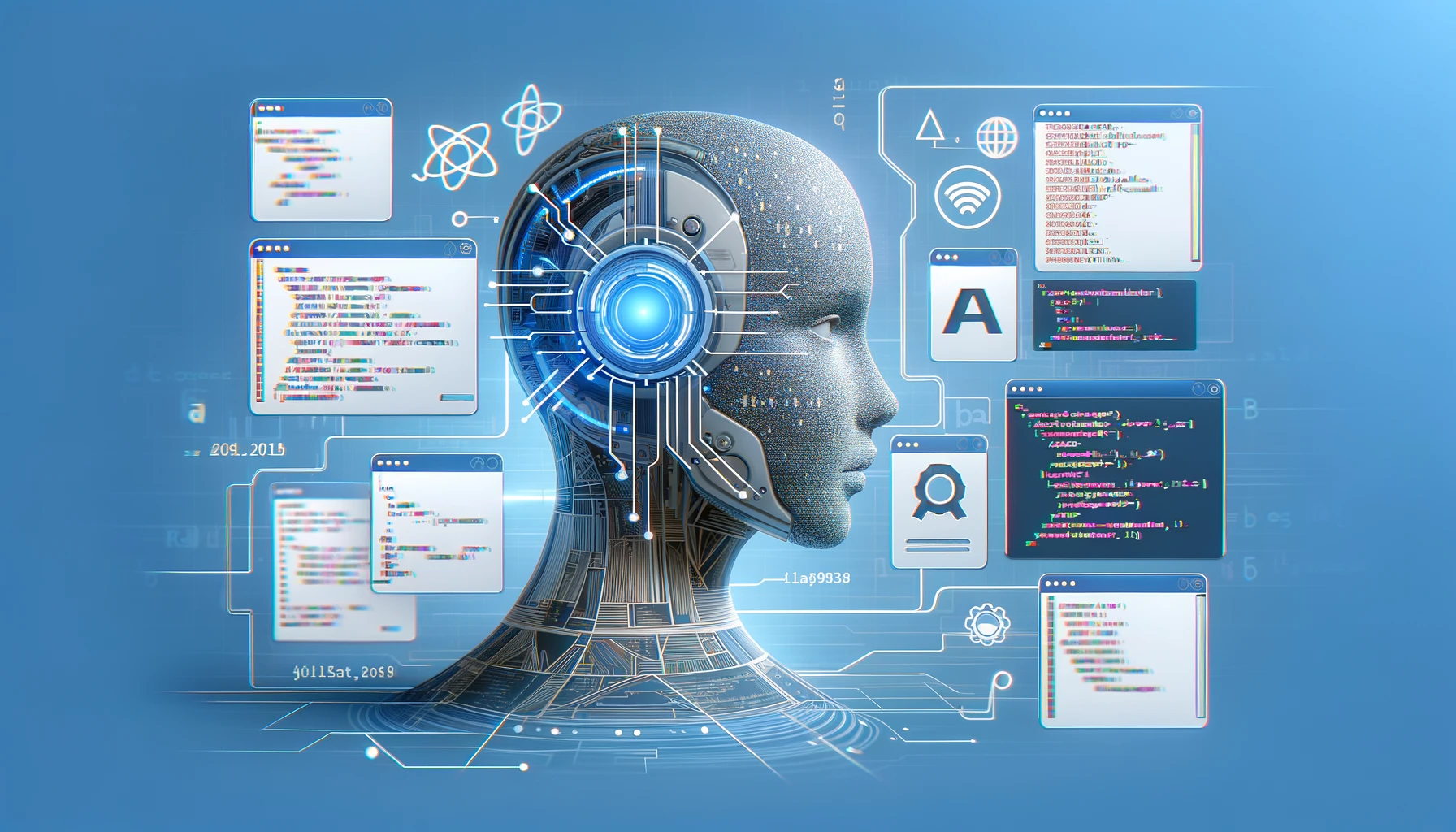Introduction
On May 29, 2024, Mistral, a burgeoning name in the AI landscape, announced the release of its first generative AI model specifically designed for coding. This innovative model aims to revolutionize the way developers and businesses approach software development, offering a more efficient and intelligent tool to generate and optimize code.
What is Mistral’s Generative AI Model?
Mistral’s latest offering is a generative AI model tailored for code, built to assist developers in writing, debugging, and optimizing their programming. The AI model leverages advanced machine learning algorithms to understand and predict coding patterns, enabling it to suggest code snippets, detect errors, and provide solutions that enhance productivity and code quality.

Key Features
- Code Generation: The AI can generate functional code snippets based on minimal input from the developer.
- Error Detection: It identifies and suggests fixes for syntax and logical errors.
- Optimization: The model provides recommendations for optimizing code efficiency and performance.
- Language Support: Supports multiple programming languages including Python, JavaScript, and C++.
The Context Behind the Launch
The release of Mistral’s generative AI model comes at a pivotal moment in the tech industry. As demand for software development continues to soar, the need for tools that can streamline the coding process has never been greater. Traditional methods of coding can be time-consuming and error-prone, which makes AI-driven solutions an attractive alternative.
Mistral, known for its innovative approach to AI, has been developing this model with the intent to address common pain points faced by developers. By automating routine tasks and providing intelligent assistance, Mistral aims to free up developers to focus on more complex and creative aspects of their work.
Development and Training
The AI model was trained on a vast dataset comprising millions of lines of code from various open-source projects and proprietary software. This extensive training enables the model to understand diverse coding styles and practices, making it a versatile tool for developers across different domains.
Potential Impact on the Industry
From my perspective, Mistral’s generative AI model has the potential to significantly impact the software development industry. Here are some of the key benefits and challenges:
Benefits
- Increased Productivity: Developers can complete tasks faster by leveraging AI-generated code and suggestions.
- Reduced Errors: Automated error detection can minimize bugs and enhance code reliability.
- Cost Efficiency: Businesses can reduce development costs by optimizing the coding process and reducing the need for extensive debugging.
- Learning Tool: For novice programmers, the AI model serves as a learning aid, offering insights into best practices and efficient coding techniques.
Challenges
- Dependence on AI: Over-reliance on AI tools might lead to a decline in fundamental coding skills among developers.
- Security Concerns: AI-generated code could introduce security vulnerabilities if not properly vetted.
- Ethical Considerations: The use of AI in coding raises questions about intellectual property and the originality of AI-generated code.
Conclusion
Mistral’s release of its generative AI model for code marks a significant milestone in the evolution of AI-driven development tools. By addressing the needs of modern developers, this model has the potential to transform the coding landscape, making it more efficient and accessible. However, it is crucial to navigate the associated challenges carefully to fully harness the benefits of this groundbreaking technology.
As I see it, Mistral’s innovative approach could set a new standard for AI applications in software development, driving the industry towards a future where AI and human creativity work hand in hand to achieve unprecedented levels of productivity and quality.






